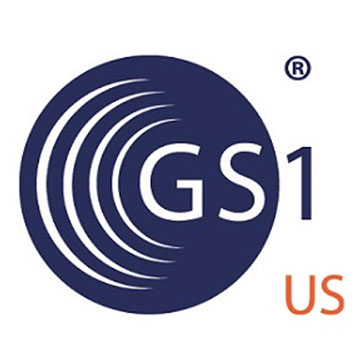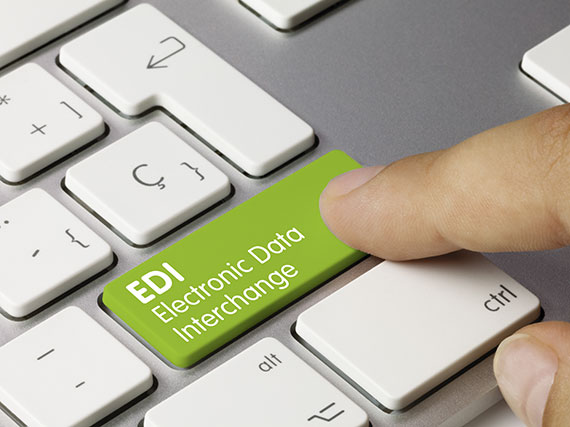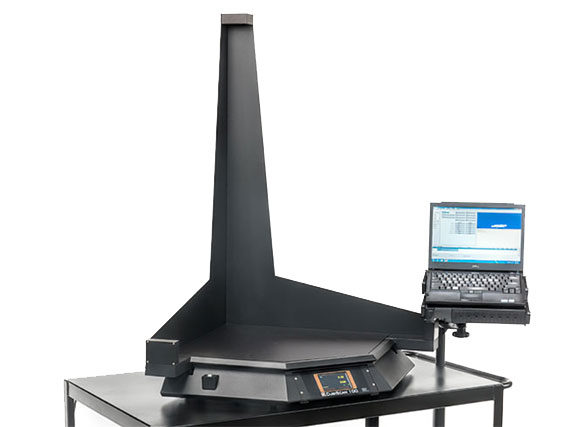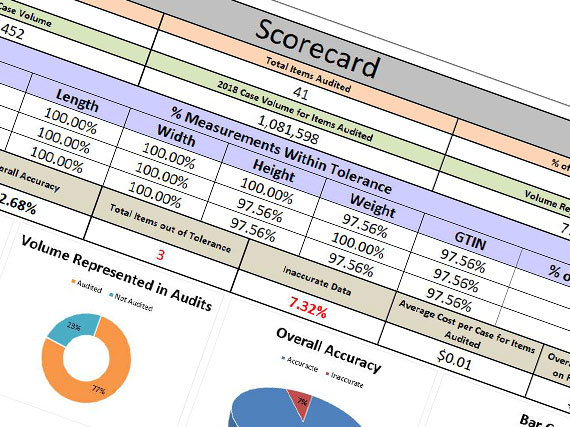Data Accuracy
Bad data causes waste, reduced sales, and dissatisfied customers.
At Dot Foods, we are constantly working to improve data accuracy in the food industry by participating in the Foodservice GS1 US Standards Initiative and the GS1 US Retail Grocery Initiative; we encourage our suppliers and customers to do the same.
We are also committed to working with our supplier partners to have accurate case weights, dimensions, and barcodes on all products that move through our warehouses. Communicating accurate data through the Global Data Synchronization Network™ (GDSN®) is the best way to help increase efficiencies and improve the supply chain.
Don't Risk Poor Data Quality
Unhappy Customers
86% of consumers are unlikely to buy products from a brand after they experience bad product information.
Wasted Labor
According to GS1, labor costs increase by up to 25% when inaccurate transactional data is shared from party to party.
Inefficient Shipping
1/4" error in case height equates to 20 fewer cases per pallet, 1,000 fewer cases per truckload, and 6 more trucks on the road.
How We Ensure Data Accuracy
Our Data Accuracy Team
As a member of the GS1 US Initiatives, we formed a team to:
-
Protect the integrity of synchronized data
-
Measure and score data accuracy
-
Hold suppliers accountable for their data
-
Review the process on a quarterly basis
Cubiscan Machine
At Dot, we use Cubiscan to audit and maintain the integrity of the data published via GDSN. We pick items from the warehouse and use the machine to measure the product's length, width, height, and weight.
We then compare the data against what has been published via GDSN to determine whether it is within tolerance according to GS1 standards.
Data Accuracy Scorecards
Once we've collected your product's Cubiscan data, we will give you the information via a Data Accuracy Scorecard.
The GS1 Standards tolerances are based on the item's temperature. The image shown here displays the temperature range and appropriate tolerance.
How to Improve Your Data Accuracy
Whether or not you are a current Dot Foods supplier, we encourage you to enhance your data accuracy efforts. Here are some ways to ensure your product information is accurate every time:
Weigh and Measure Cases
Don't rely on box specifications alone. Weigh and measure the cases to double-check that your data is correct.
Partner with GS1
GS1, the most widely-used supply chain standards company in the world, can lead you down the path to better data.
Hire a Resource
Dedicate a team member to data accuracy. Doing so will put you in the best position to improve your scores and customer service.
Key Terms and Definitions
GS1
A not-for-profit that develops and maintains standards for business communication. The best-known standard is the barcode, which turned 47 this year.
GDSN
The Global Data Synchronization Network is an internet-based network that allows companies (like you) to exchange product data electronically with their partners (like us).
EDI
Electronic Data Interchange allows for sharing information (electronically instead of on paper), such as purchase orders, between partners using a consistent format.
Data Pool
Your data pool is the system you use to send and exchange item data through the GDSN. You must use a GS1-certified data pool to display your products on Dot Expressway.
Craving More Information on the Subject?
GDSN
Sharing product details through the Global Data Synchronization Network (GDSN) is the best way to provide our mutual customers with accurate data quickly and seamlessly.

EDI
The Electronic Data Interchange (EDI) is the most effective way to send and receive business transactions electronically. See why this is our preferred transaction method and how using EDI can benefit your company.

Getting Started
If you aren't a Dot Foods supplier yet, fill out our short form first. We can work together on a data accuracy plan during onboarding.
Let's Talk
Questions about data accuracy or partnering with us? Let us know how we can help. We'd love to hear from you.


